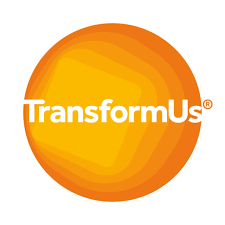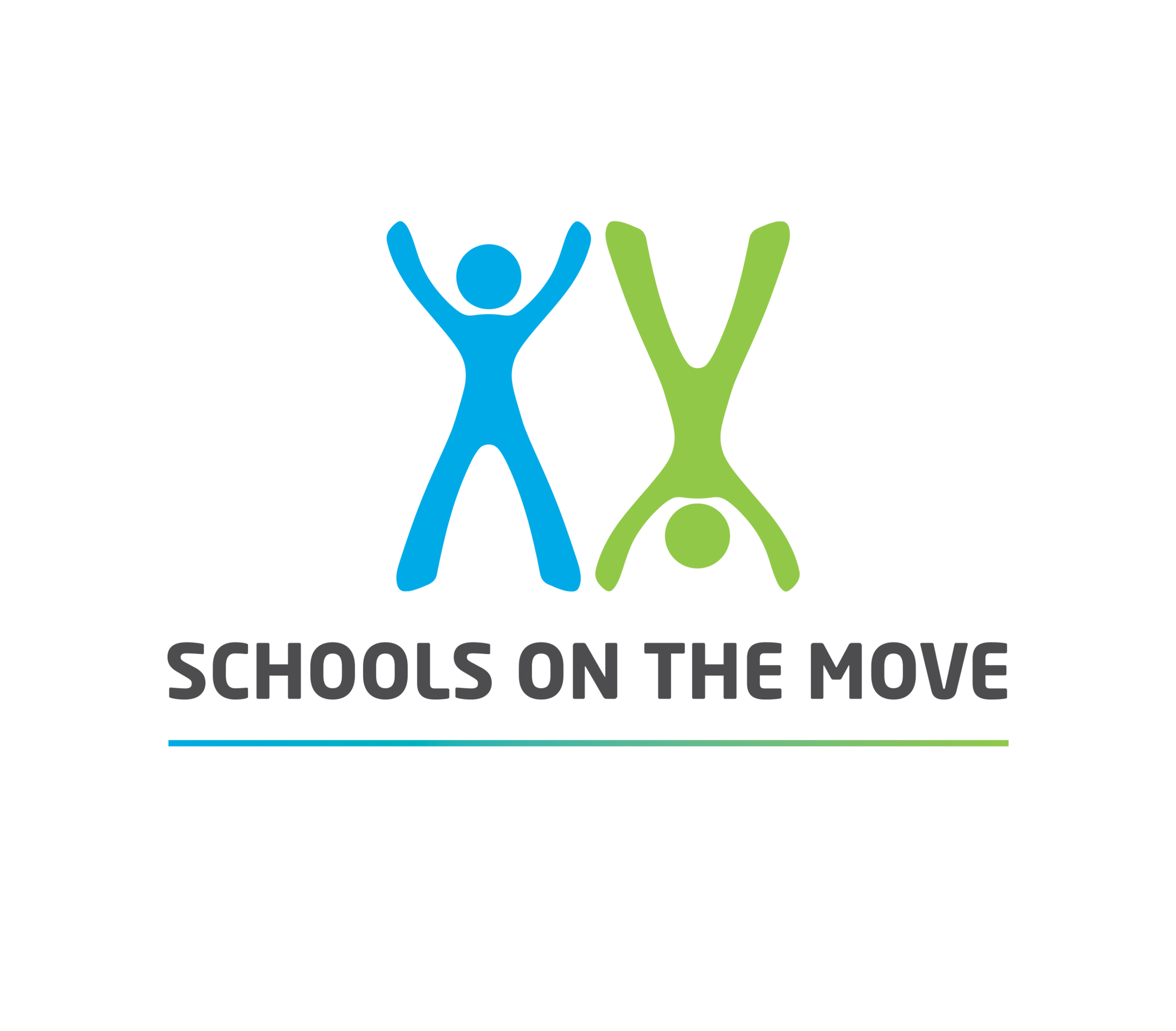
WSPA INTERNATIONAL
CASE STUDIES
Session 1
11.00am - 12.30pm
Transform Us
-
TransformUs is a unique efficacious online whole-of-school health and education initiative for teachers, schools and parents. Framed by social cognitive theory, behavioral choice theory, and ecological systems theory, the program uses innovative behavioural, pedagogical and environmental strategies within school and home to support students to become more active and more engaged in their learning. The program has shown to be effective at improving student learning, health and wellbeing outcomes and is now available Australia-wide to students of all ages and all abilities.
This presentation will focus on the 15-year evolution of the TransformUs program. Key milestones and key learnings will be presented as the TransformUs Primary program transitioned from an efficacious cluster-randomised controlled trial in 20 Melbourne-based schools, to a horizontal scale-up implementation trial offered Victoria-wide. The non-traditional translation pathway used to test the diversification and effectiveness of the TransformUs program when adapted for secondary school students (TransformUs Secondary) and students with a disability (TransformUs All Abilities) will be discussed. The presentation will also highlight the pivotal role partners and stakeholders have played to enhance the real-world implementation and impact of the TransformUs program ‘at scale’.
Joy of Moving
-
The “Joy of Moving” is a Corporate Social Responsibility initiative that started locally ten years ago and progressively spread across different countries and continents in cooperation with school offices and charities. It pursues goals of motor, cognitive and life skills development jointly, building on designed enrichment in physical education. The “Joy of Moving” started in a municipality in northern Italy and was gradually scaled up until reaching the national institutionalization level (i.e., accreditation and promotion by the Italian Ministry of Education). First studies in Italy investigated the efficacy of “Joy of Moving” for promoting the interconnected development of motor and cognitive functions, creativity and socio-emotional life skills in the school context, as well as its reach, effectiveness, adoption, implementation and maintenance. Process evaluation was further expanded at national level, with key points being needs analysis and evaluation of facilitators, constraints and barriers acting on the implementation, based on multi-level information gathered from the different actors. The talk will be concluded presenting actual challenges posed by the spreading of “Joy of Moving” across countries. We rely on a paradigm that considers the bidirectional relationship between implementation and adaptation, and the need for impact evidence to be applied in new implementation contexts.
SWITCH
-
SWITCH® (School Wellness Integration Targeting Child Health) is an innovative whole-of-school intervention designed to support and enhance school wellness programming for elementary and middle school students in the USA. SWITCH was designed to reach multiple settings within schools while also facilitating engagement with families and community partners. Through SWITCH, schools can help students to "Switch what they Do (physical activity), View (screen time), and Chew (nutrition)!". The presentation will provide an overview of SWITCH programming and the capacity building process whereby schools are provided with training and professional development on school wellness programming and evaluation practices. Specific examples will be provided on the implementation strategies, i.e., how school wellness teams have the autonomy to implement program quality elements and best practices (using implementation materials) to the degree that works best for their school and context. Lastly, an insight on the steps taken to evolve SWITCH from a research project to a partnership model with Iowa State University Extension and Outreach 4-H Youth Development, and community partners, to enhance the opportunities for localized support and assistance to schools across the state, will be shared.
Session 2
13.30pm - 15.00pm
SEFAL
-
Randomised Controlled Trials (RCT) have long served as the benchmark methodology for evaluating school-based physical activity interventions. Notwithstanding essential contributions, RCT might fall short in capturing the longitudinal effects and detecting change. Against this backdrop, we will embark on a 20-year journey from RCT to the Center for Physically Active Learning (SEFAL). This journey signifies a departure from traditional top-down approaches and research-led school-based initiatives to a more nuanced understanding of educational dynamics, policy and national curriculum objectives to work in partnerships with teachers to increase the pedagogical feasibility of integrating physical activity into theoretical subjects.
The journey gives a novel insight into the effort to build partnerships with schools to conceptualise and develop physically active learning as part of teachers' everyday practice. Central in the SEFAL journey is bridging the gap between academia and practice through co-created knowledge- and experience-driven innovative practice by working closely over time in an ‘equal’ partnership and genuinely empowering practitioners, mainly teachers.
Since SEFAL was started in 2018 by the Western Norway University of Applied Sciences, SEFAL has engaged 1635 teachers across 88 schools through its comprehensive continuous professional development program. The program builds on a whole-school approach and facilitates the co-creation of competencies by using teachers' experiences as a starting point for critical reflection on enacting and sustaining physically active learning. The SEFAL program has received substantial political recognition and is mentioned in two 2023 White papers. SEFAL has catalysed transformative initiatives in numerous schools nationwide, serving as a cornerstone for several publications in international peer-reviewed journals.
Creating Active Schools
-
This session will showcase the Creating Active Schools (CAS) whole-school physical activity programme. Developed by the University of Bradford in partnership with the Yorkshire Sport Foundation, CAS was borne out of a need and desire to challenge the status quo around school-based physical activity provision and aims to transform school culture to support physical activity.
Details of CAS’s journey to date and learning from the national community of practice will be shared as CAS continues to be adopted by schools across the country and internationally. Delegates can learn about the development of the CAS framework and subsequent school improvement programme which provides high-quality training, an online professional development tool and coaching from a locality-based lead. Insights will be given into how CAS is using behavioral and implementation science to help create impactful and sustainable change and what impact this is having on schools in practice.
CSPAP
-
This presentation will focus on the comprehensive school physical activity program (CSPAP) framework in the United States, including its origins, evolution, applications, and potential as a whole-of-school approach to helping children and adolescents’ meet physical activity guidelines and develop toward active living in adulthood. Concerning the framework’s origins, emphasis will be placed on the role of the comprehensive school health (CSH) model, created in the 1980s, in laying the foundation for multicomponent, systems-based approaches to health promotion through schools. An evolutionary perspective of the CSPAP framework will encompass key conceptual and theoretical advances through which thought leaders have sought to increase the framework’s traction in the school system. To address applications of the framework, consideration will be given to research, policy, and practice. Specifically, attention will be directed to (a) streams of inquiry generating an evidence base for CSPAP implementation, (b) current national and state policy landscapes that align with intended CSPAP processes and outcomes, and (c) the prevalence and nature of CSPAPs in US schools. These applications will be discussed as parallel, but rarely intersecting pursuits that lack the cohesion to expand and accelerate program adoption. The presentation will conclude with recommendations for implementing CSPAPs on a national scale.
Session 3
15.30pm - 16.30pm
Finnish Schools on the Move
-
Finnish Schools on the Move (FSM) is a national action programme designed to foster a physically active culture in Finnish comprehensive schools. Participating schools and municipalities develop and implement their own plans to promote physical activity (PA) during the school day, particularly during recess and academic lessons. The programme disseminates ideas and practices through seminars, facilitates networking, and produces educational materials for distribution.
FSM operates through a dual approach, involving both bottom-up and top-down implementation, closely interacting with the central government. The Ministry of Education and Culture and the Finnish National Agency for Education bear strategic management responsibility, with the coordination handled practically by Jamk University of Applied Sciences.
Initiated in 2010 with a two-year pilot phase encompassing 45 schools, FSM has evolved for over a decade. By 2020, over 2000 schools, constituting more than 90% of all comprehensive schools in Finland, were involved in the programme. Consequently, comprehensive school culture has undergone significant positive changes, becoming more physically active in various aspects. One of the key success factors lies in integrating research and monitoring into the programme's implementation.
FSM has been integral to the Finnish Government Programme since 2010, emerging as a key project in knowledge and education between 2015 and 2019. The Government Programmes for 2019 and 2023 included objectives to promote physical activity across all age groups, with specific acknowledgment of successful FSM activities. Currently, the Finnish on the Move initiative has been extended to include special programmes for children in early childhood education and care, students in upper secondary and higher education, working-aged adults, older adults, and families. This comprehensive entity receives funding from the Ministry of Education and Culture.
Schools in Motion
-
The Schools in Motion (SIM) program in Estonia is an educational innovation initiative that seeks to assist schools in the integration of physical activities into their daily routines, with a particular focus on cultivating a more active school culture. The SIM program offers a systemic approach for schools, which includes providing seminars, training modules, network support, toolkits, research assistance, and advocacy. All activities within schools are planned and disseminated by the schools themselves, drawing on their own resources. Since its inception, the program has involved schools as experts and partners, engaging in activities such as focus groups with students, school leaders, and teachers, as well as development and co-creation seminars, school visits, and direct communication with schools. School activities are based on self-analyses and individualized action plans. Crucially, the key partners involved in the implementation of the SIM program are municipalities and ministries. It is recognized that effecting changes in school culture requires a sustained effort over time and necessitates a systemic approach. The program also places significant emphasis on supporting the well-being of teachers. Currently, 209 schools, varying in location and size and comprising 35% of general schools in Estonia, have joined the SIM program.







